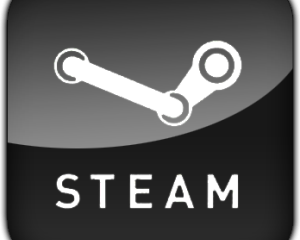Exploring Mastodon: The Rise of Decentralised Social Networking

Introduction to Mastodon
Mastodon is increasingly becoming a focal point in discussions about social networking, particularly as users seek alternatives to mainstream platforms. Launched in 2016 by Eugen Rochko, Mastodon is a free, open-source platform that operates on a decentralised model. It allows users to create and manage their own servers or ‘instances’, effectively giving them control over their social media experience. This shift towards decentralisation is particularly relevant in today’s digital landscape, where privacy concerns and data ownership are at the forefront of users’ minds.
Key Features of Mastodon
Mastodon distinguishes itself with several key features designed to enhance user autonomy and safety. First and foremost, it is a federated platform, meaning that various servers can communicate with one another while operating independently. Users can join any server that aligns with their interests or values, such as politics, art, or technology, yet still connect with others across the entire Mastodon network.
Moreover, the platform prioritises user control by allowing custom moderation rules and settings that respect the community dynamics of each instance. This also includes tools for blocking and muting users, fostering healthier online interactions. Mastodon further distinguishes itself through its chronological timeline, avoiding algorithm-driven content delivery that often skews users’ perceptions of what is trending.
Current Trends and Popularity
The rise of Mastodon can be traced alongside growing discontent with established social media giants, particularly in light of recent data privacy breaches and policies perceived as restrictive or biased. According to recent statistics, Mastodon saw a considerable increase in user sign-ups following notable events in 2022, including changes to Twitter’s policies and user interface. Reports indicate that its user base swelled from approximately 300,000 to over 2 million within just a few months, illustrating its appeal as a viable alternative.
Conclusion: The Future of Mastodon
As digital privacy and user control continue to be pivotal issues for internet users, the future of Mastodon appears promising. It provides a strong community-driven alternative, particularly appealing to users who value free speech, safety, and autonomy online. The sustained growth of this platform indicates a significant shift in how social networks may evolve, leaning towards decentralisation. For users looking for a more controlled and private social media environment, Mastodon offers a compelling choice that may reshape their online interactions.









